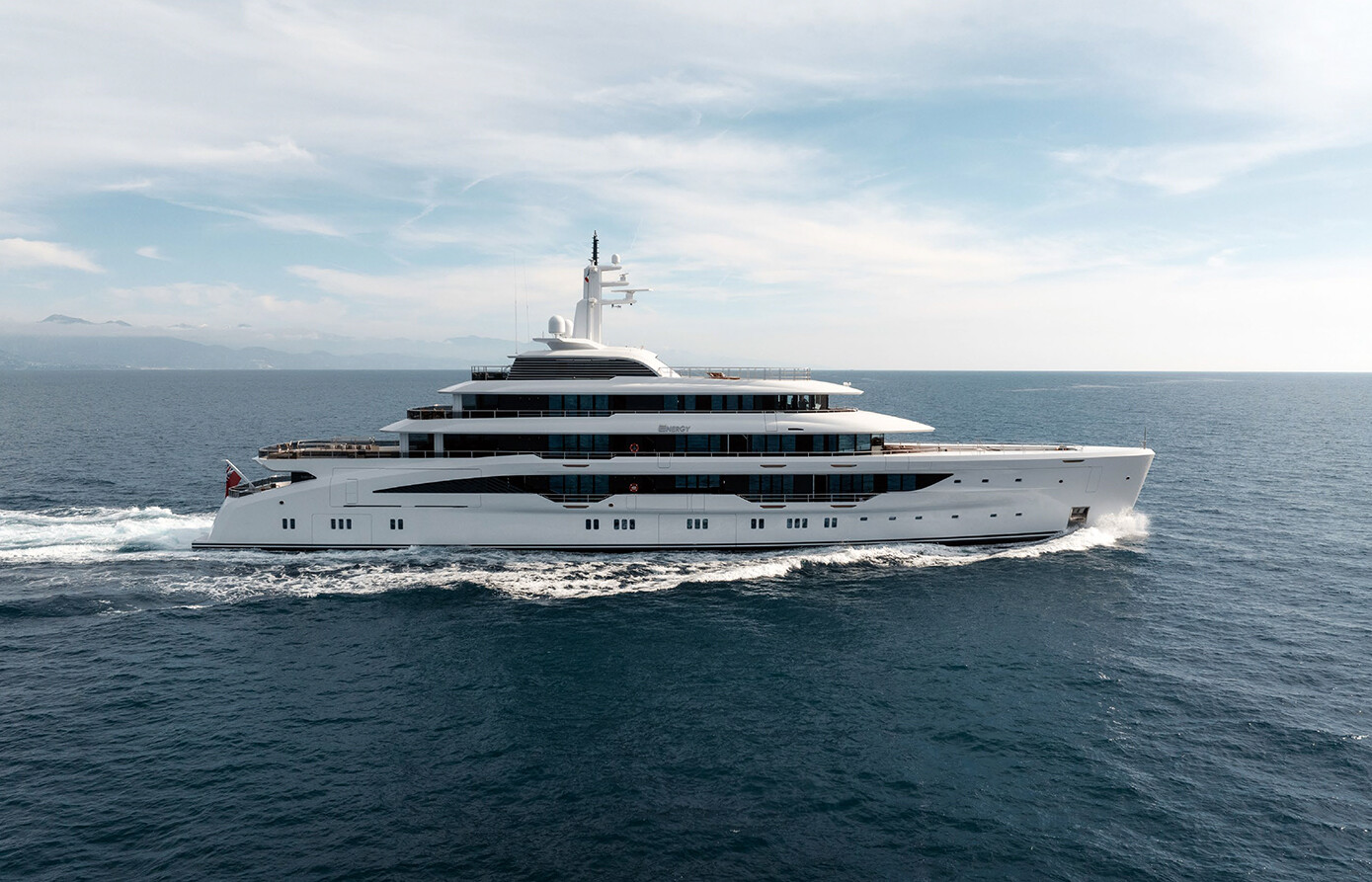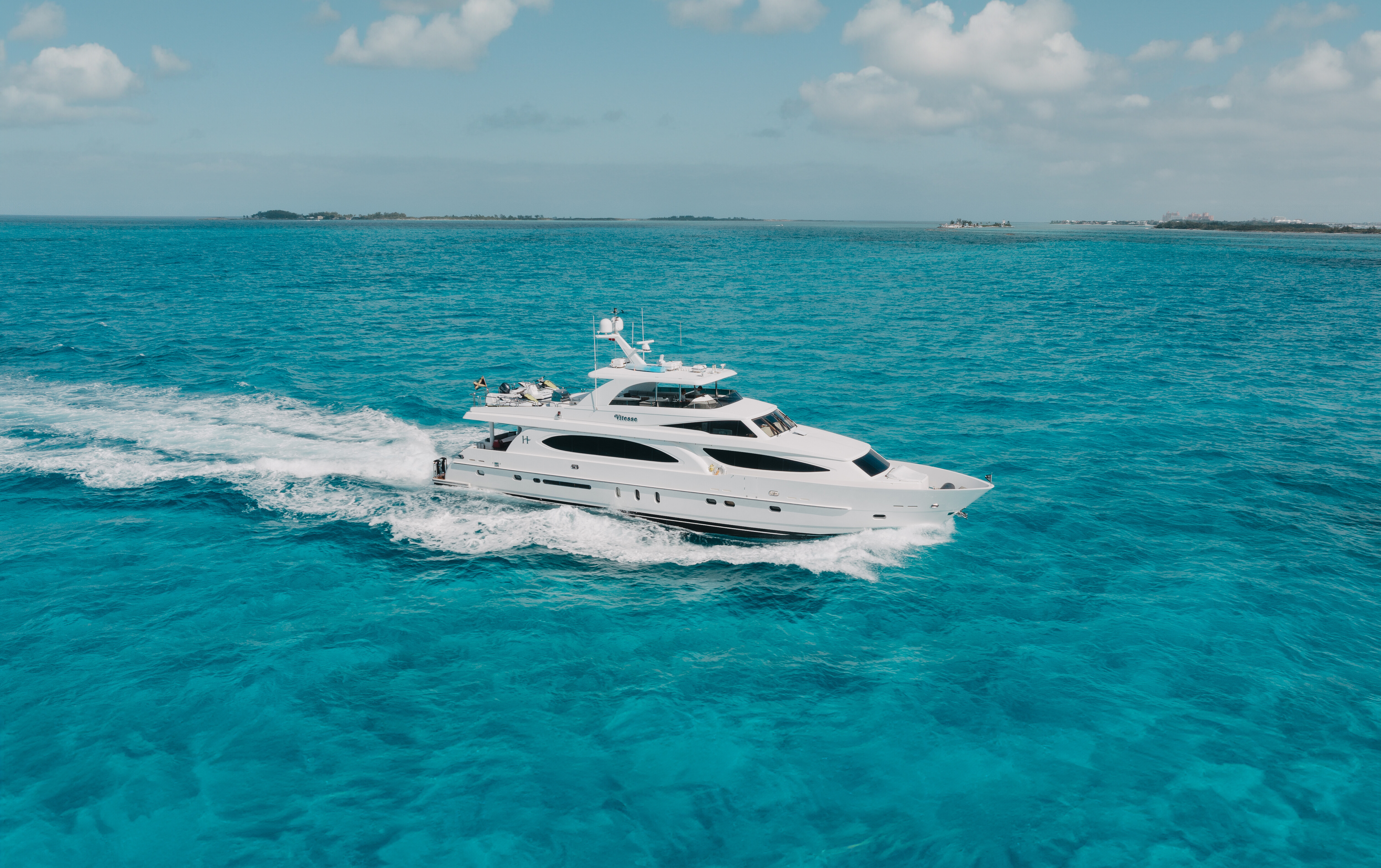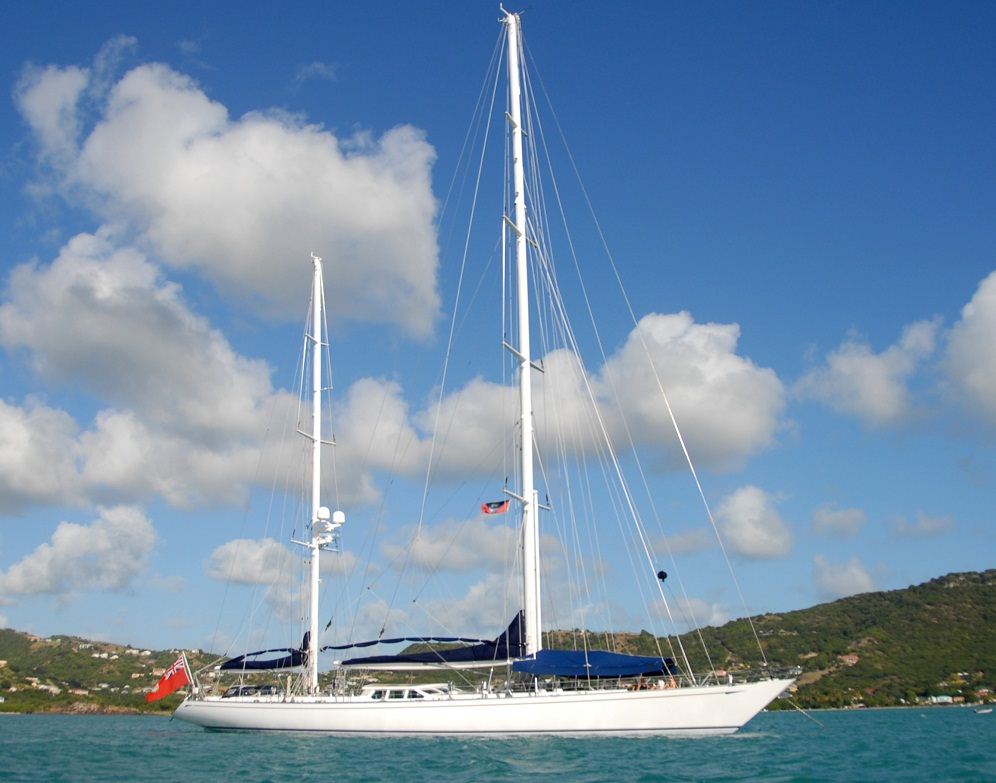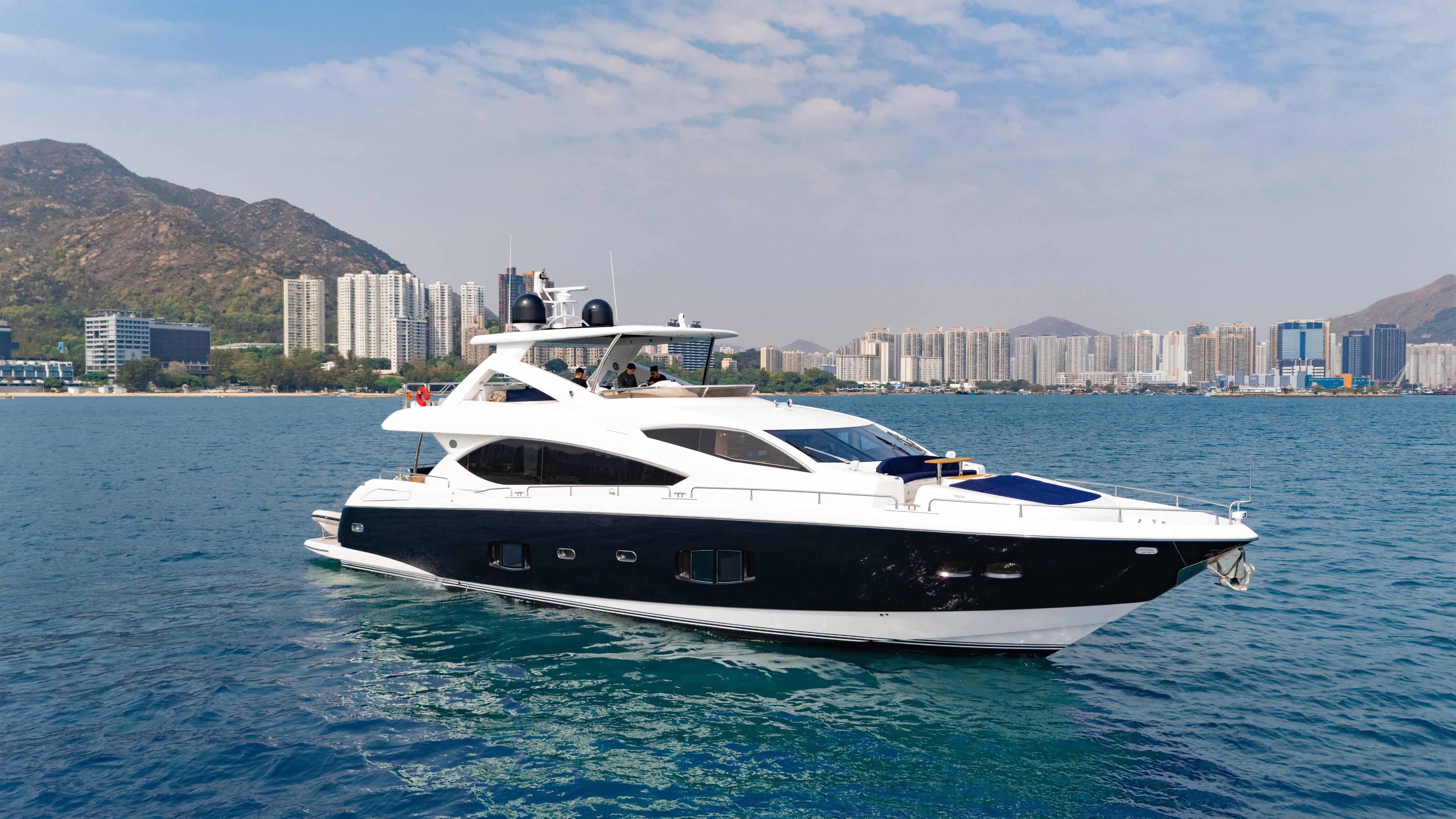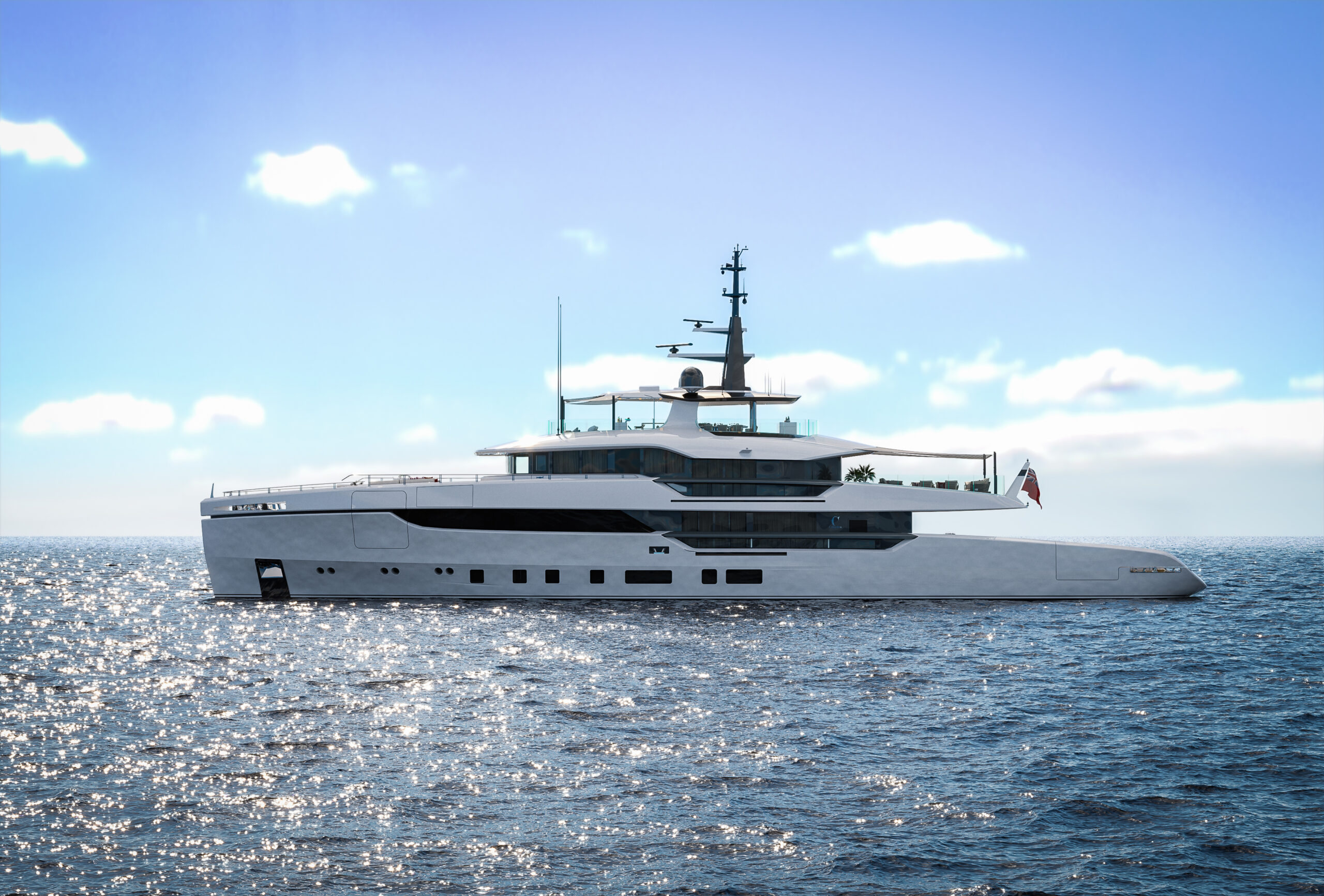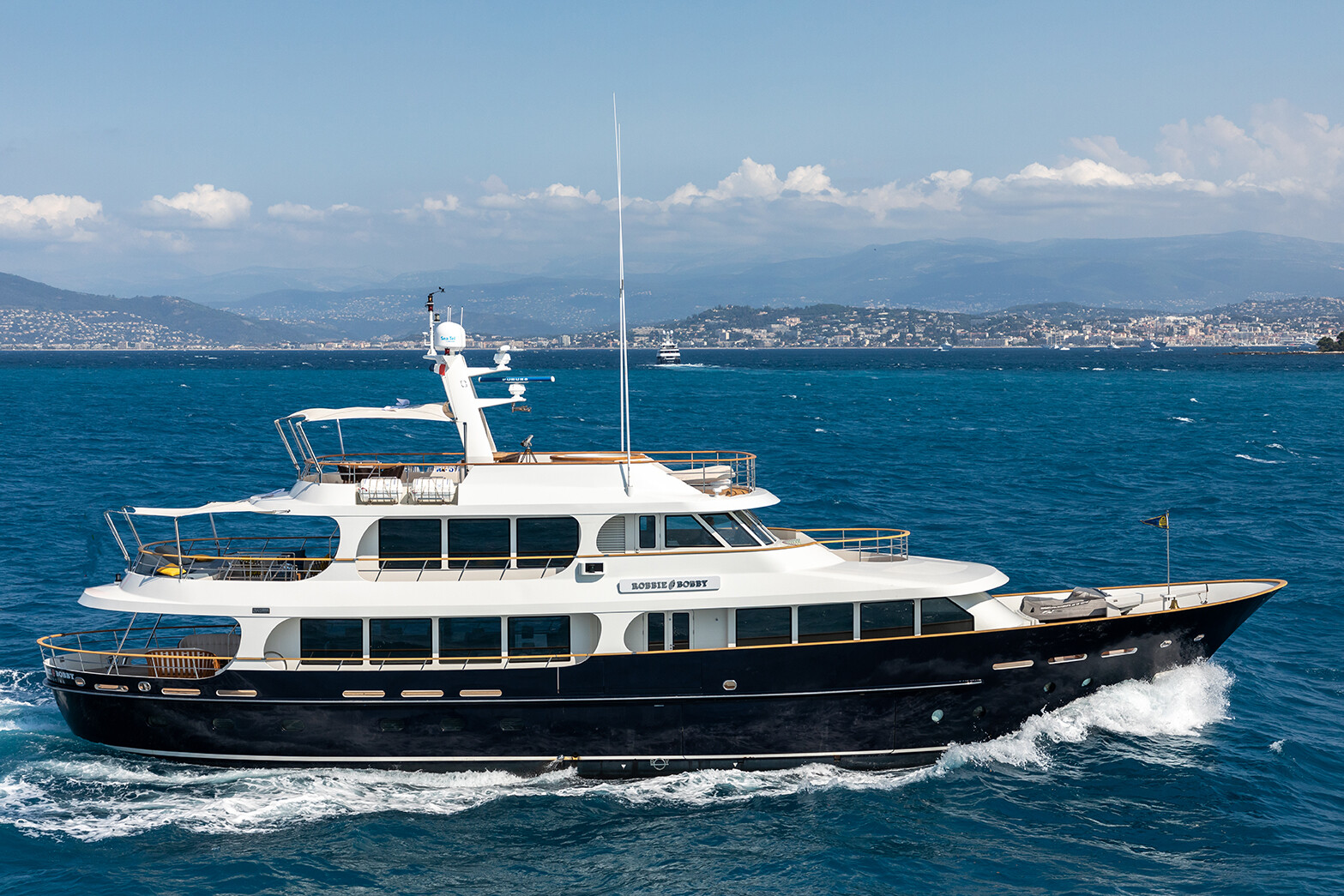
Stuart Larsen on an Exceptional Year, the Evolution of the Market and His Predictions for 2022

As everyone knows last year was a record-breaking year in the industry and most certainly for Fraser recording over 1.5bn euros in sales. In the following Superyacht Times article, you get to hear from one of the world's most successful brokers, Stuart Larsen on the state of the market and what's going to happen in 2022. The following is the full article which you can also view on their website.
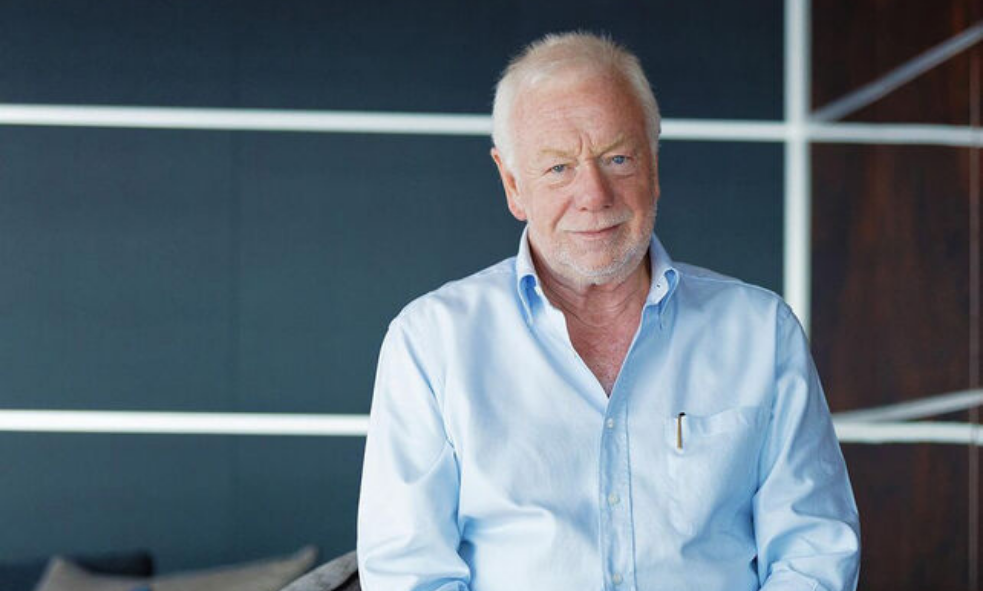
Written by Francesca Webster
How did you enter the world of yacht brokerage, can you give a bit of an overview of your career?
I fell into yachting by chance, like most of my peers. After graduating from law school in New Zealand, I took a year off to travel. I had a scholarship to Harvard University but I wanted to see a bit more of the world before getting serious about what I thought would be a legal career. The era of cheap travel hadn't arrived yet and Kiwis didn't travel as much as they can now but, regardless, off I went.
After spending a brutally cold Christmas in New York, I travelled to Florida in search of the sun, something more like Christmas at home. Funds were running low and having done a lot of competitive sailing in New Zealand, I easily got work and accommodation on a boat in Fort Lauderdale.
Of course, with my Kiwi accent I met many people in the yachting business and made friends with a well-established yacht broker who had just started his own company. He decided he wanted to take me under his wing and offered me a sales position in his company. I didn't know anything about brokerage, let alone that it could be a viable business, but I wanted to find out more. It certainly seemed more exciting than more law books. It was and I have never looked back.
I joined Fraser Yachts in 1980 and have been with the company for my entire career, through five different ownerships. My parents, of course, were horrified. I do not think my father forgave me until I sold the new build project for Octopus almost twenty years later! He still wanted me to be a lawyer...
How do you see the industry has changed during your years as a broker?
Apart from the obvious - the size, length and number of yachts and cruising grounds have increased significantly the more interesting changes are less evident.
It was the early days of the internet and I was lucky to count among my many clients a number of first-generation IT and tech entrepreneurs whose innovations literally changed the way we live. They were curious, creative, technically minded and fascinated by the natural world. Communications and IT meant that they were no longer tied to their desks. Now it was possible to travel and explore while still keeping tabs on business. The yachts they bought and built reflected their spirit of innovation and technical boldness. For example, Octopus with her integrated dock, dual helicopter landing pads and submarine, the tender capability of Tatoosh Senses, Skat and many others, all come to mind. At the time, barring ships for warfare and rockets for space, yachts were the most sophisticated and complex craft man could devise.
The industry as a whole is just catching up now: helicopters, large tenders, spas and beach clubs, even submarines on the larger yachts, are more commonplace. But there is a key difference. The design used to be driven by the function, today most yachts are designer yachts, where design for design's sake overshadows the functionality. There are a few recent, glorious exceptions - Artefact springs to mind, a rare combination of a visionary project, managed by a talented captain supported by a creative, design team and a yard willing and able to innovate technically.
The past twenty years has also seen the rise of production and semi-production yachts. They are more standardised since they need to appeal to a larger market segment. They take less time to build and the yard can manage the projects more efficiently there are fewer problems to solve, less issues to go wrong. While the demand for custom yachts continues, only a handful of yards have the know-how or interest to build anything custom, bigger than 80 metres. But now we see the market maturing with yards focused on guiding demand and creating, rather than following, trends.
What are the biggest challenges brokers face in such a competitive market?
I don't think the key challenges have changed over the years. Numbers have increased so there is more inventory to get to grips with. New yards have sprung up globally so it's more difficult to track every new project. The internet has helped manage the overload and tools like the MLS systems have become invaluable but they are no substitutes for hard earned knowledge and experience. There are too many brokers who think it's an easy and glamorous business. Everyone is ready to talk the talk but much fewer are willing to walk the walk. There are only a handful of companies that can offer clients proper advice, service and guidance and I am astounded at the lack of knowledge some brokers have when dealing with yachts over $20 million. I sometimes ask myself if I was a buyer or a seller, would I entrust my $20 million business to that person...
But, essentially the role of a broker hasn't changed over the years. The challenge is doing it right. We all talk about so-so having sold this or that yacht. A broker doesn't sell a yacht; his (or her) job is to make the sale happen. This is achieved by smoothing out all the snags, hitches (and ruffled feathers and egos) that are part and parcel of every sale. Personalities are large, the stakes are larger and all parties want to be the winner. The aim is to enable the parties to reach an agreement that all can live with. This means having a clear idea of the outcome you need to reach and managing each step of the process. It is time consuming, requires a lot of thought, idea tossing, fine tuning and creativity. It's a long-haul journey. Interestingly, while we have a lot more tools, they don't necessarily make the job of a dealmaker easier. Like building a yacht - you can't compress the process, it requires time, attention, a good blueprint, a shared road map and a thorough understanding of the yacht sale process in order to arrive at a closing.
You have had an exceptional year, with some major sales. What do you think are the secrets to success in the big boat market?
I am still surprised when I look at the numbers. I sold 14 yachts in 2021 which translates into more than three quarters of a billion dollars and over 800 metres (2,624') in length. In terms of gross tonnage, the total volume of yachts I have sold is equivalent to the gross tonnage of forty-five 50 metre yachts!
More importantly, I have acted for young, first-time buyers as well as for clients I first dealt with 30 years ago. It has also been a great privilege to be asked to represent yachts Iike Skat and Octopus which I originally sold as new build projects, in addition to the other 12 sales this year.
The secret? Well, experience and business acumen are essential. Working with a well-respected company with an international presence is also important since our clientele is global. Marketing plays an increasingly central role, all the more so during the pandemic when buyers were not always able to visit a yacht in person. Really it still all boils down to knowing your business, saying it how it is and building up trust.
What do you think 2022 holds for the yachting industry?
The 2021 boom was unexpected. I think most companies were bracing for a downturn, even as bad as the GFC. The onset of the pandemic was so fast there was no time to think things through and certainly no historical map to guide us.
Then, all of a sudden business picked up rather than falling off a cliff like we anticipated. It was an eye opener until we realised that yachting provided an escape from the constraints of social distancing and lockdowns. Coupled with a booming stock market and the availability of cheap money, the yachting market simply exploded. However, the sheer size of the surge in demand was astonishing, both in brokerage and new construction. I don't think 2022 can be such an extraordinary year.
Good brokerage inventory is short, shipyards are full and, in many cases, over-extended. Some are not even contemplating discussions, let alone commitments with clients for new builds until their backlogs subside. A repeat of 2021 in sales is not feasible but, overall, the yachting market will remain upbeat as the inventory works its way through the various stages of ownership. Interest in yachting will almost certainly remain high since the impact of the pandemic is going to be with us for a long time. Barring, of course, an increase in the cost of money or a significant slow-down of economic recovery impacting asset markets, yacht sales and prices should hold steady or firm up some more.
To date, the surge in numbers and asking prices should provide a springboard for new investment in greener, more sustainable solutions. Younger owners are more attuned to environmental issues and likely more willing to pay a premium for effective solutions, but green has a long way to go to become mainstream.
On the downside, there has been a lot of over-promising from many builders. We need to be ready for some disappointing and late deliveries from some yards, driven by not only Covid slowdowns but ongoing supply chain issues and some shipyards' inabilities to scale-up fast enough and reorganise workforces to the new levels that are now needed.

